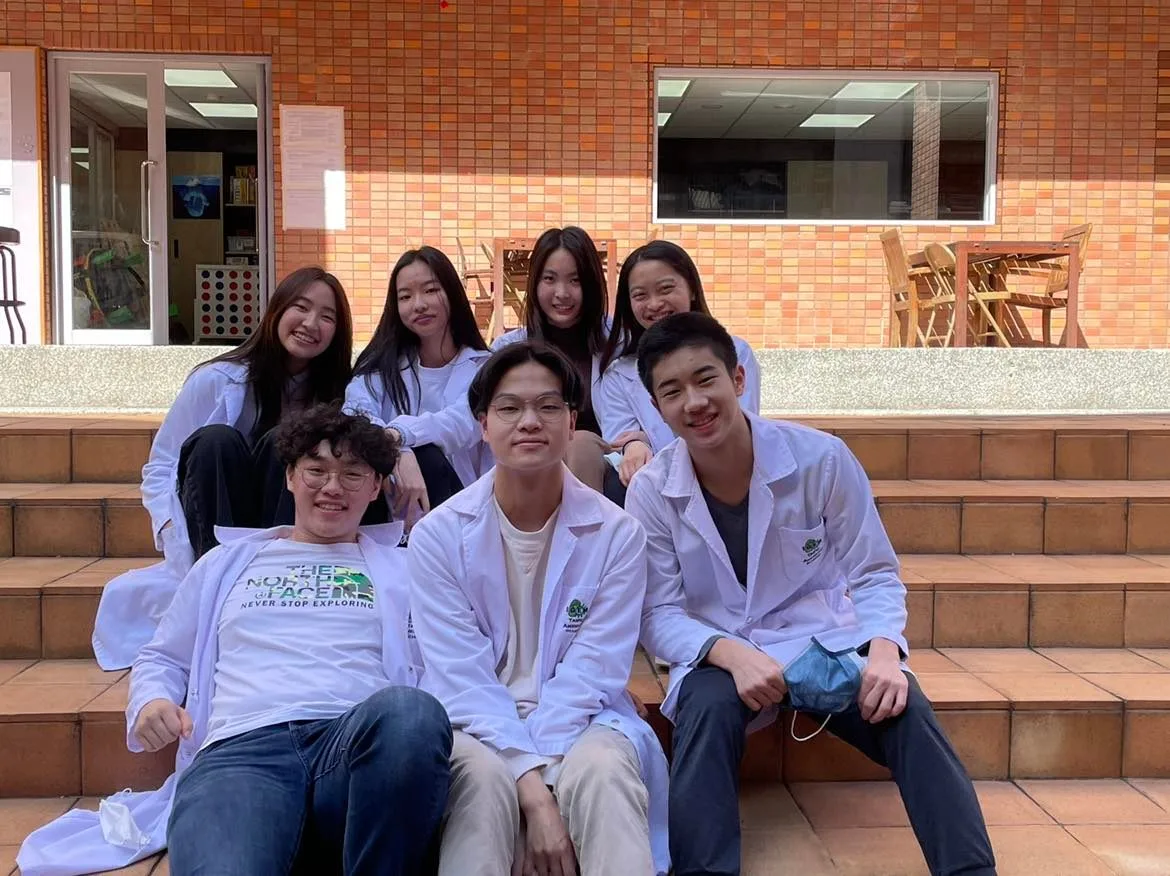With non-biodegradable plastic waste increasing at an unprecedented rate, the development of an alternative to non-biodegradable polymers is crucial. Chitin, a naturally occurring polymer with antibacterial and flexible properties, can serve as a viable candidate for such a solution. The polymer is found in the tough fibrous exoskeletons of arthropods such as lobsters and in the cell walls of fungi, and they are often found in thick overlapping layers. We aim to develop biodegradable prototypes through electrospinning chitosan, a polysaccharide derived from deacetylating chitin. Chitin’s unique pliability and resilience make it suitable to a wide range of potential applications: prototypes could range from military body armor, medical stitches and casts1, and sports gear such as knee pads2. These products currently are non-biodegradable; and by using chitin synthase from the bacteria rhizobium leguminosarum and chitin deacetylase from sinorhizobium meliloti, we will produce chitosan in E. coli and weave the resulting fibers into structures with various applications. Our final products can be utilized by companies searching for environmentally-friendly alternatives to current polymer uses and applications.

A Chito-plan for the future
School
Taipei American School
Taipei, Taiwan
BioBuilderClub Season
2021-2022 Season
Category
Resources